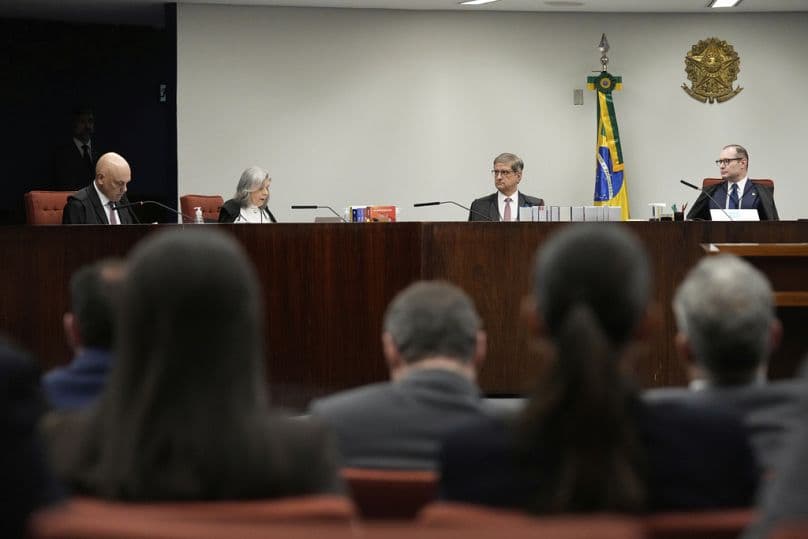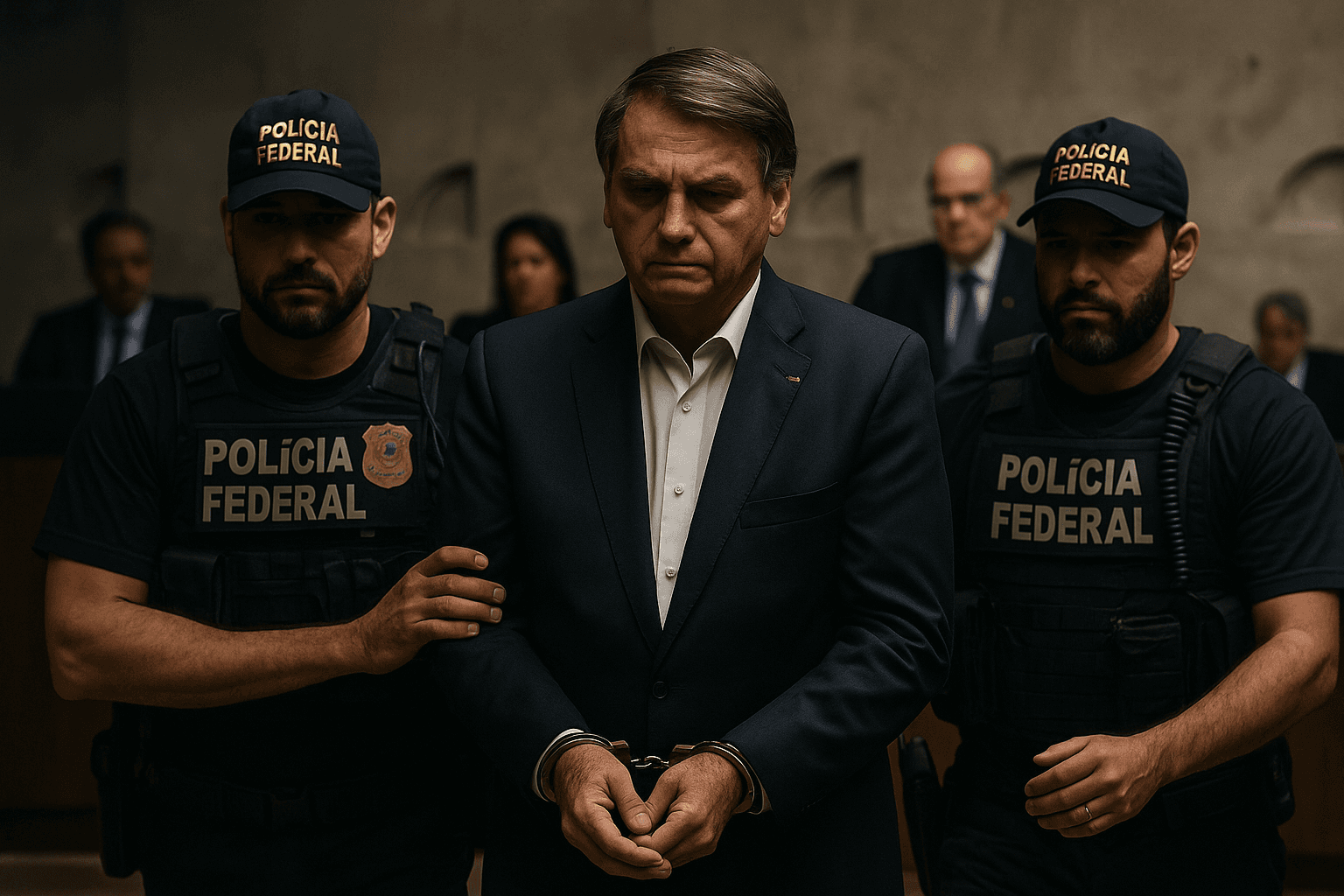Brazil Supreme Court panel keeps Jair Bolsonaro in police custody, unanimous vote
A four judge panel of Brazil’s Supreme Court voted unanimously to keep former president Jair Bolsonaro in police custody after a justice ordered his detention for tampering with an electronic ankle monitor. The decision heightens political uncertainty ahead of the 2026 election cycle, with potential implications for investor confidence, sovereign borrowing costs and market volatility.

A four judge panel of Brazil’s Supreme Court voted unanimously on November 24, 2025 to keep former president Jair Bolsonaro in police custody after Justice Alexandre de Moraes ordered his detention, citing a flight risk. Bolsonaro was taken into custody after authorities said he tampered with an electronic ankle monitor, with reports indicating the device had been damaged using a soldering iron, a breach of the conditions of his prior house arrest.
The court said the tampering increased the risk of escape and constituted a serious violation of judicial precautionary measures. Bolsonaro told a judge that his actions stemmed from medication induced paranoia and hallucinations and denied any intent to flee. He is awaiting resolution of final appeals after being sentenced in September to a lengthy prison term for plotting a coup following his 2022 election loss.
The unanimous panel decision consolidates a hard line taken by parts of Brazil’s judiciary since Bolsonaro left office, underscoring the courts’ emphasis on enforcement of precautionary measures and the containment of risks to the legal process. The immediate legal consequence is continued detention while appeals proceed through Brazil’s appellate system. The ruling also reduces the likelihood that Bolsonaro will be released to house arrest in the near term, pending further judicial review.
Beyond the courtroom, the custody decision amplifies political uncertainty in Brazil at a sensitive moment. The country, Latin America’s largest economy with roughly 215 million people, is already navigating debates over fiscal policy, inflation management and investment attraction. The prospect of a polarised campaign season ahead of the 2026 presidential election means that high profile legal actions against a former president will be closely watched by voters, businesses and international investors.

Financial markets and policymakers tend to react to heightened political risk with greater volatility, a potential widening of sovereign credit spreads and pressure on the currency. Analysts have warned that a prolonged period of uncertainty could complicate the government’s efforts to stabilize public finances and attract foreign investment needed for infrastructure and growth projects. For a country managing post pandemic fiscal consolidation and structural reforms, increased risk premia on sovereign debt would raise borrowing costs and could crowd out public spending on priorities such as health and education.
The decision also carries longer term implications for institutional trust and the rule of law in Brazil. Firm judicial enforcement may reassure some investors and domestic actors that the legal system will uphold accountability, but it may deepen divisions among Bolsonaro’s supporters and opponents, increasing the risk of protests or unrest that in turn could disrupt economic activity.
With final appeals still pending, the legal saga is likely to continue to shape Brazil’s political economy. How markets, lawmakers and civil society respond over the coming weeks will be a key test of the country’s ability to manage political polarization while maintaining macroeconomic stability and a predictable environment for investment.


